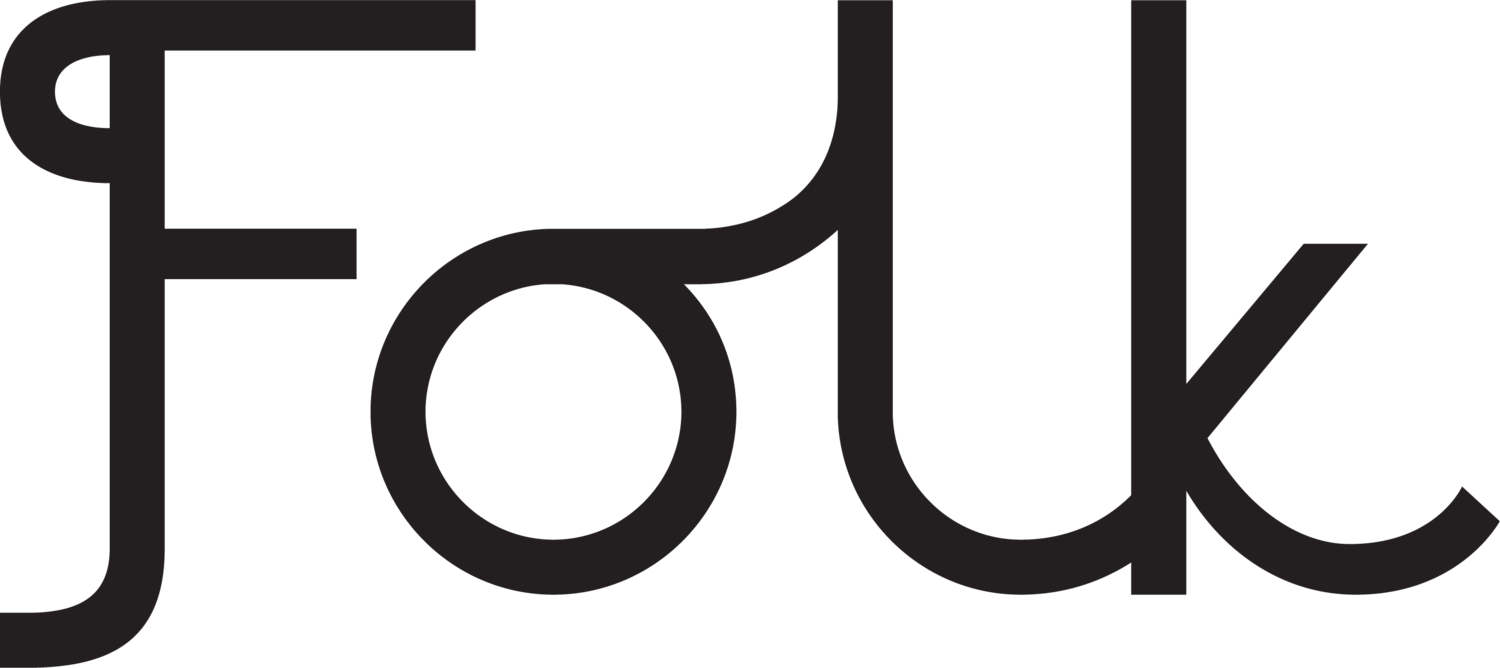Naturally, you expect an event created for and by local businesses to be competitive. But on the south coast, we love to help each other out.
Think Create Do captured top digital leaders from the south coast, including ourselves, who came together just a stone’s throw from the beach to discuss the issues and insights discovered from their journeys working with clients across the world.
Each talk was an opportunity to learn something new, embrace different ways of thinking and push the boundaries of the way we do business.
The event was brought to life by the team at Think Create Do, who curated the collection of interviews which featured in ‘For The Record’, the book that features Folk alongside fellow creative agencies. Take a look at how good that looks here.
There was a wide range of diverse and talented speakers, but we want to focus on three in particular who talked about something that really resonated with us.
Andy Headington: What is attention?
Andy looks at what attention means to brands. “Attention is world encompassing.”, he describes and every brand wants to create a moment that everyone takes notice of.
Not every brand can compete with the same level of attention that the Red Bull stratos jump received. It’s not sustainable. As Andy says, “we’re moving from a world where computing power was scarce, to a place where human attention is the commodity that is now scarce.”
How brands and businesses capture attention is an interesting subject; one that Andy from Adido has explored relentlessly.
He admits we have an attention problem; a profound amount of things happen every minute of every day, we are overloaded by content and we are addicted to checking our phones.
Very few businesses focus on ‘why’ they do what they do. But when they do communicate the why, success, and attention, follow as a consequence.
To adapt to changing attention spans and to keep the scarce commodity of human attention alive, Andy advises us to seek out the rare moments when consumers are forced to concentrate deeply.
For example, the cinema, or in the gym with screens placed in your line of sight, provide situations when your attention is locked in without distraction and we are programmed to take notice.
Paul Hamblin: Why we suck at telling stories.
Paul delivered a talk covering three topics: ‘The web is more than just cat videos’, ‘why we suck at telling stories and ‘things Paul wishes we knew.’
In particular, Paul caught our attention as he described the common obstacles that stop us from being meaningful storytellers.
One such example is budget: often the elephant in the room for a project.
In order to support creativity, we require a stiff budget.
“The enemy of art is the absence of limitations” – Orson Wells
It can cost thousands to produce a video or it can cost a lot more, Paul says, which also transfers to any photo-shoot, web build or branding project. However you need to boil it down and overcome that first obstacle to begin accurately focusing on the project. Don’t make clients guess. Don’t make anyone guess.
Another common obstacle that can hinder the effectiveness of a good story is over complication. You can easily overcomplicate a project by shoehorning additional parts. This is only going to dilute the message, Paul says.
Spend time crafting what you’re trying to communicate by finding your purpose and don’t let others dissolve the message by adding parts that don’t fit your purpose.
It’s most important to ask yourself what the business is trying to achieve and what you’re trying to do and ground yourself to these answers throughout the project.
Phillipa Hale - Leading transformational change.
Phillipa’s talk resonated with the Folkers at this event, where she addresses her own personal experiences leading digital transformation and discussed the emotions of learning.
Persuading old-school clients with legacy thinking to embrace new ways of learning can be a difficult task. Teaching smart people to learn is based on emotions. Unless we are connected emotionally to what we’re learning, it won’t stick.
To overcome the task of dealing with transformational change, Phillipa offers 8 steps:
- Establish a sense of urgency and excitement
- Form a credible leadership team
- Create a vision
- Communicate the vision
- Empower others to act on the vision
- Plan for short wins, iterations and get agile
- Consolidate improvements and capitilise
- Keep scanning the horizon
Philippa shared with us research that says 90% of what we learn today doesn’t stick. We have to be mindful of the way we teach and implement change and add a level of emotion to our teaching.
Overall, we left fulfilled and motivated from all of the speakers, each talk representing the wealth of talent amongst the epicentre of digital and creative agencies here on the south coast.
With an appetite to move forward and implement the lessons we learnt, we are constantly looking to the horizon, as Phillipa says, to grow our team and abilities as a business.











